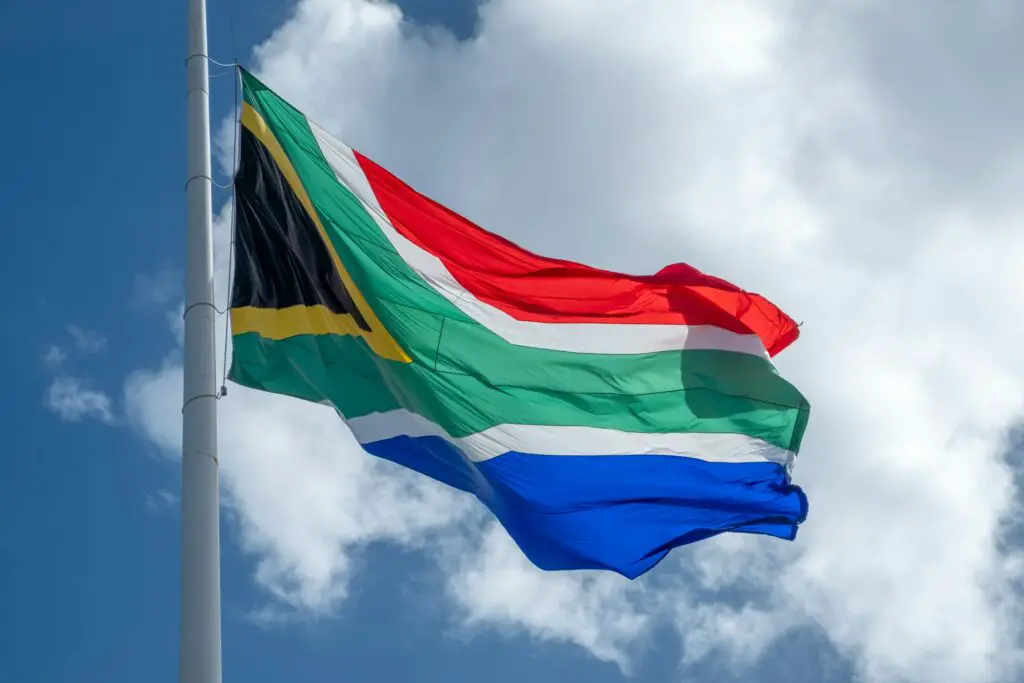
(Scypre.com) – In a groundbreaking election, the African National Congress (ANC) has lost its parliamentary majority, marking a significant shift in South Africa’s political landscape. This is the first time since the end of the apartheid system 30 years ago that the ANC has not held a majority.
With more than 99 percent of votes counted by Saturday, the ANC garnered nearly 40 percent of the votes in Wednesday’s election. This result falls well short of the majority the ANC has maintained since the historic all-race vote of 1994, which ended apartheid and brought Nelson Mandela to power.
The main opposition party, the Democratic Alliance (DA), secured 21.63 percent of the votes, while uMkhonto we Sizwe (MK), a new party led by former president and former ANC leader Jacob Zuma, achieved 14.71 percent, drawing significant support away from the ANC.
Opposition parties have celebrated the results as a pivotal moment for a nation grappling with severe poverty and inequality. Despite the setback, the ANC remains the largest party by a considerable margin. “The way to rescue South Africa is to break the ANC’s majority, and we have done that,” stated John Steenhuisen, the main opposition leader.
Although the final results await formal declaration by the independent Electoral Commission, the ANC is unable to surpass 50 percent. Al Jazeera’s Mike Hanna reported from the Results Operation Centre in Midrand, South Africa, stating that the ANC must seek a coalition partner to govern or attempt to form a minority government, which could hinder legislative progress and ANC policy implementation.
Gwede Mantashe, the ANC chair and current mines and energy minister, expressed the party’s openness to coalition discussions in comments broadcast by the South African Broadcasting Corporation (SABC). He emphasized, “We can talk to everybody and anybody,” without specifying potential coalition partners.
The allocation of votes will determine the distribution of seats in the National Assembly, which is responsible for electing the president. Although President Cyril Ramaphosa could theoretically retain his position, the ANC’s weakened state may lead to calls for his resignation from both opposition parties and internal critics.
Despite this, a senior ANC official has supported Ramaphosa’s continuation as party leader, and analysts suggest he lacks a clear successor. Any agreement to maintain the ANC in the presidency might require opposition support in exchange for cabinet positions or greater parliamentary influence, possibly including the role of speaker.
The election commission plans to announce the final results on Sunday.